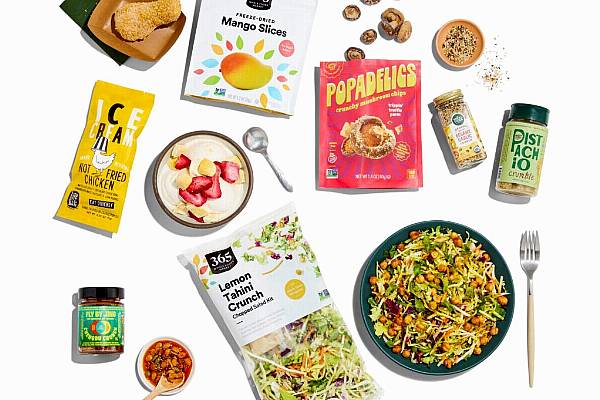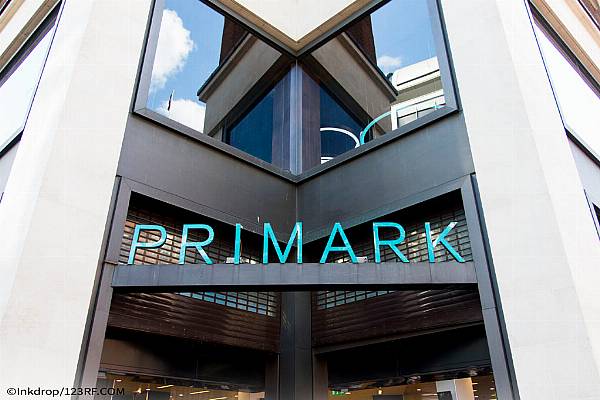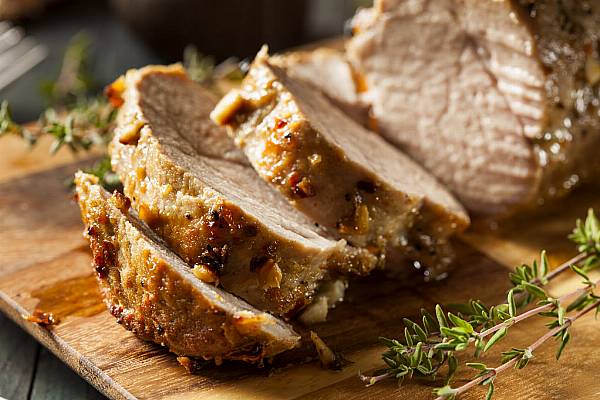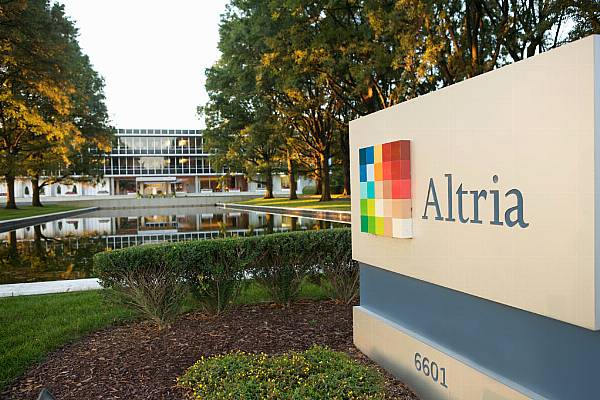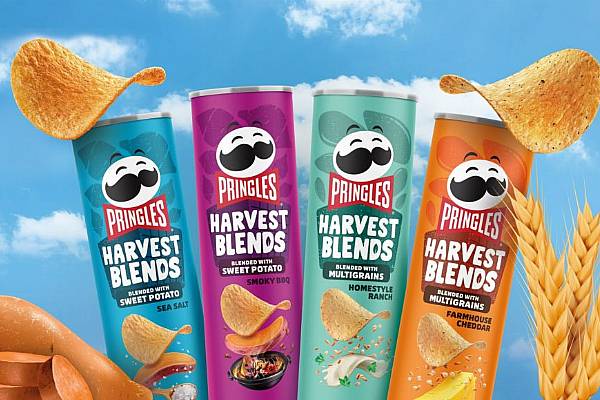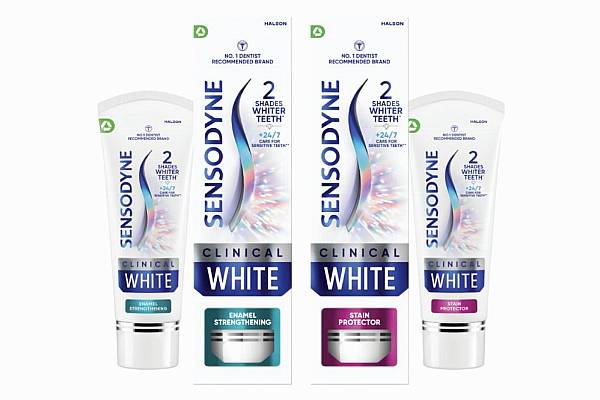Nestlé SA, the world’s largest food company, plans to spend 8 billion Swiss francs in its first share buyback in three years after reporting first-half revenue growth that exceeded analysts’ estimates.
Revenue gained 4.7 per cent excluding acquisitions, divestments and currency shifts, the maker of KitKat bars and Nespresso coffee said today in a statement. That compares with the 4.5 per cent median of 14 analysts’ estimates compiled by Bloomberg News. Nestlé said it plans to repurchase the stock starting this year and into 2015. The shares rose as much as 3.1 per cent.
Nestlé has outperformed its main European rivals Unilever and Danone in the first half and is increasing its distance on them with its plan to return cash to shareholders through repurchases. Unilever, the maker of Magnum ice cream and Lipton tea, and French yogurt maker Danone last month reported revenue that missed estimates. Nestlé said today the sale of part of its stake in French cosmetics company L’Oreal will boost second-half profit by 7.4 billion francs.
Returning Cash
The company is returning cash to shareholders after selling part of its stake in L’Oreal back to the French cosmetics maker for €6 billion. In 2011, the company completed a 10 billion-franc buyback that it began in 2010.
“We’ve had a few disappointments in the food industry lately, but Nestlé has managed to report numbers that are slightly better than expected, doing better than Danone and Unilever,” Patrik Lang, an analyst at Julius Baer Group Ltd in Zurich, said by phone. “The quality of the numbers is good. Investors will react positively to the results, but the stock is quite expensive.”
Nestlé has been revamping its portfolio to revive sales growth, which reached a four-year low in 2013. Chief executive officer Paul Bulcke spent more than $5 billion this year to build the dermatology business, buying out the rest of its Galderma joint venture and rights to drugs from Valeant Pharmaceuticals International Inc.
Trading operating profit declined 5.4 per cent to 6.44 billion francs, held back by the strength of the Swiss currency. Analysts had estimated 6.53 billion francs. The weakness of currencies against the franc reduced the trading operating margin by 0.4 percentage point. Organic sales growth in the Asia, Oceania and Africa zone was 4.7 per cent, compared with analysts’ estimates for a 5.7 per cent gain.
Keeps Forecasts
Nestlé reiterated its outlook for 2014, saying revenue will rise about 5 per cent on an organic basis, with the second half stronger than the first. The average increase over the past decade has been 6.1 per cent. The company also has said it expects an improvement in full-year margins and underlying earnings per share, excluding currency shifts.
Frozen food and ice cream in North America “continue to be challenged,” Nestle said. Global sales growth of prepared dishes and cooking aids such as Maggi bouillon was unchanged in the first half.
Slowing Food
Food companies are struggling to boost growth as health-conscious consumers increasingly shun processed, packaged foods. Sanford C. Bernstein cited soda, sweet snacks and frozen food as three of the biggest health concerns for mums in the US in a 2013 survey on food.
Mondelez International Inc., the maker of Oreo cookies and Ritz crackers, reduced its full-year sales forecast yesterday, now expecting revenue excluding acquisitions, divestments and currency shifts to rise 2 per cent to 2.5 per cent. Kellogg Co., the maker of Corn Flakes and Pop-Tarts, has also lowered its 2014 forecasts. Unilever said that the volume of food sold in the second quarter was little changed.
Nestlé sold Juicy Juice to Brynwood Partners LP last month as the Nescafe maker trims slow-growing food and beverage brands. The company has also divested PowerBar snacks, Joseph’s Gourmet Pasta and most of its Jenny Craig diet-centre business over the past year.
Bloomberg News, edited by ESM


